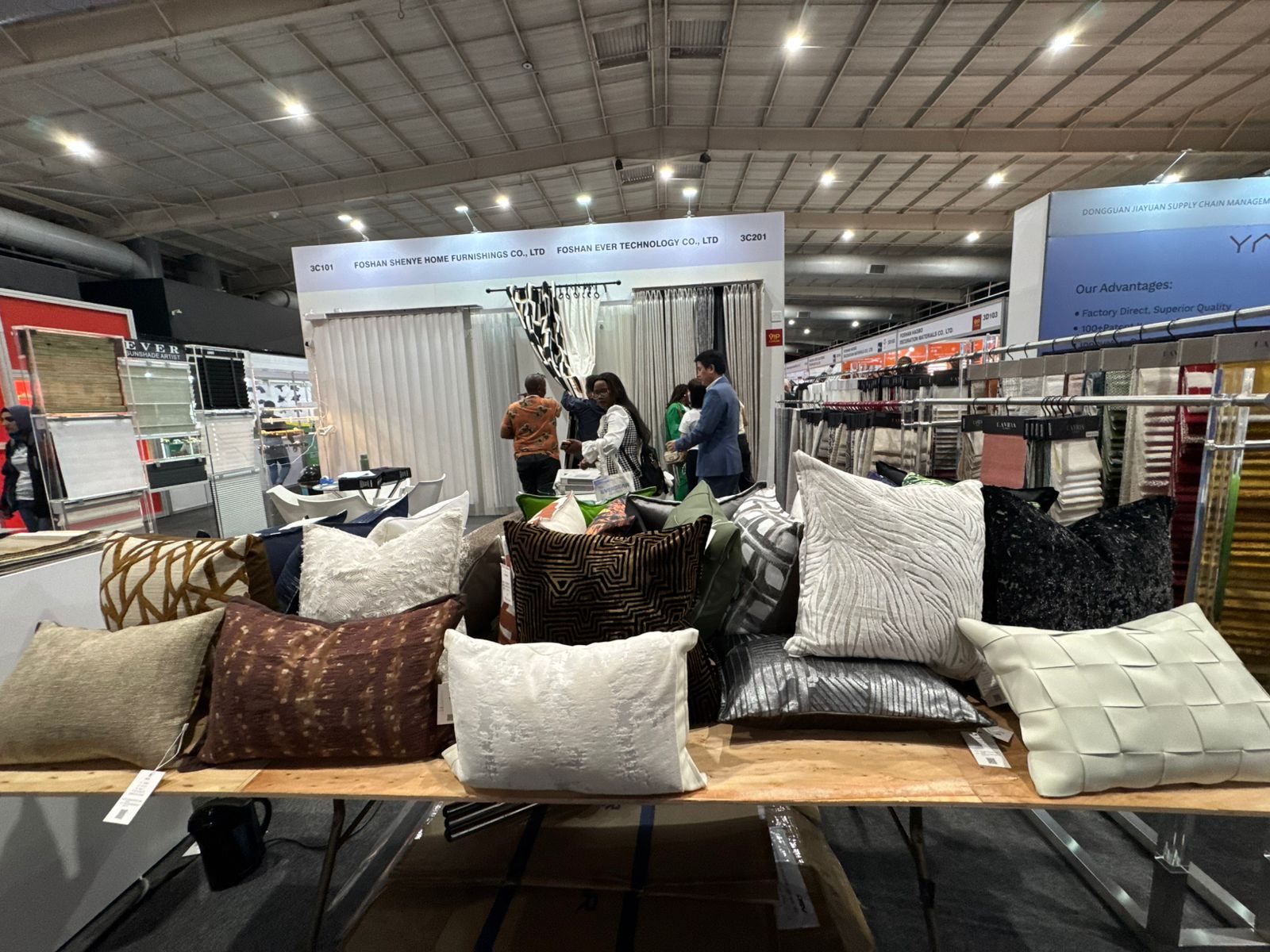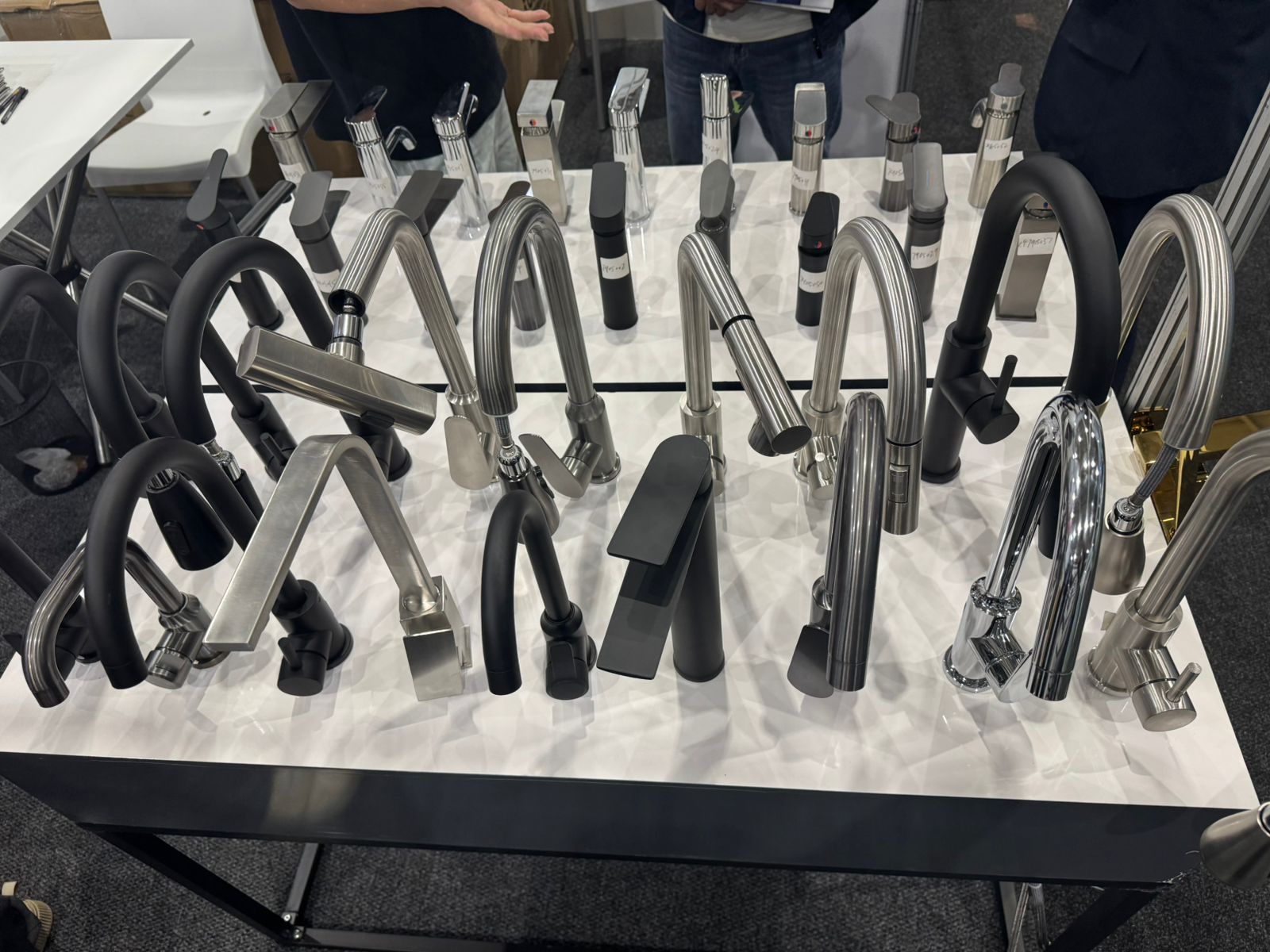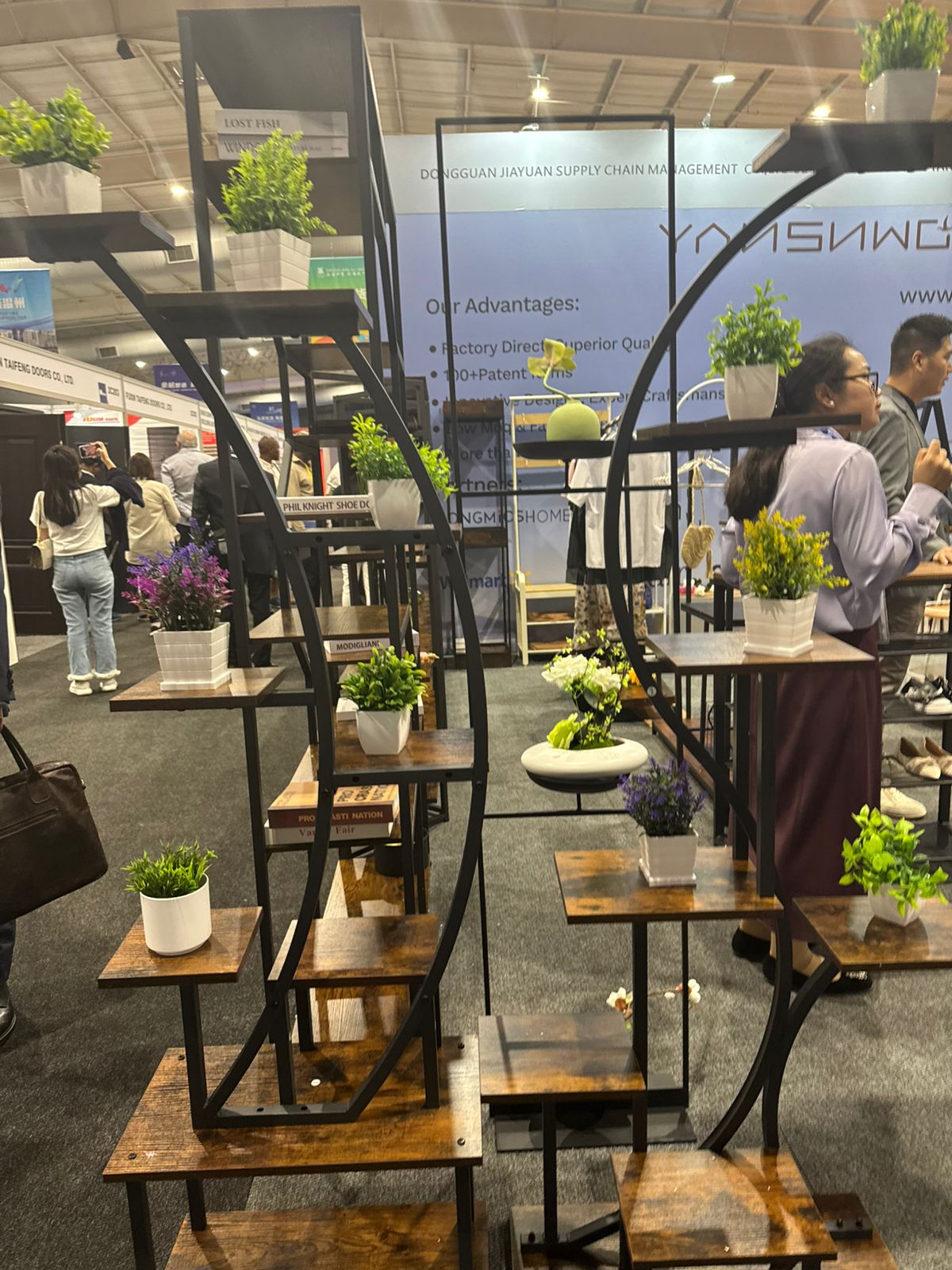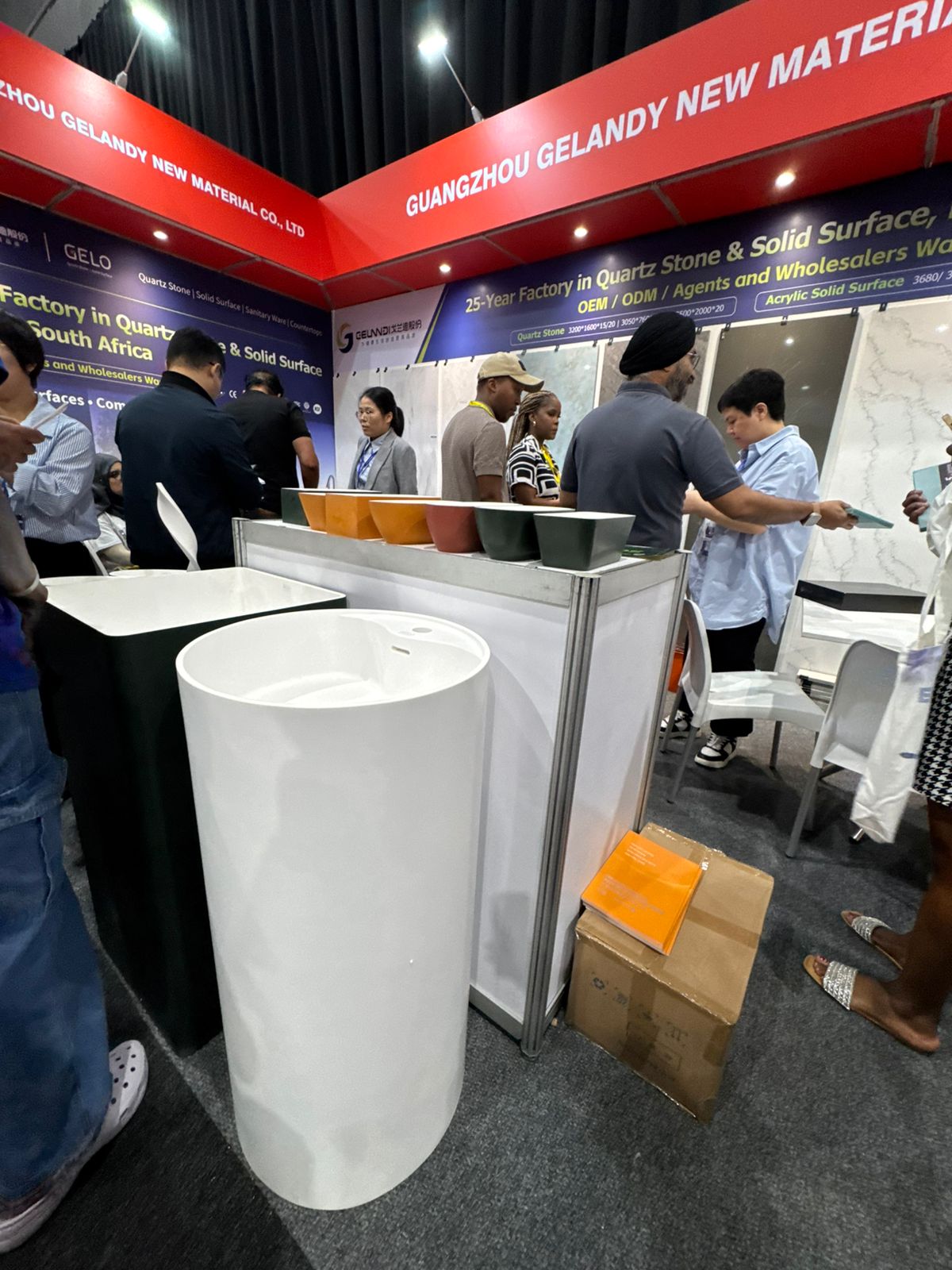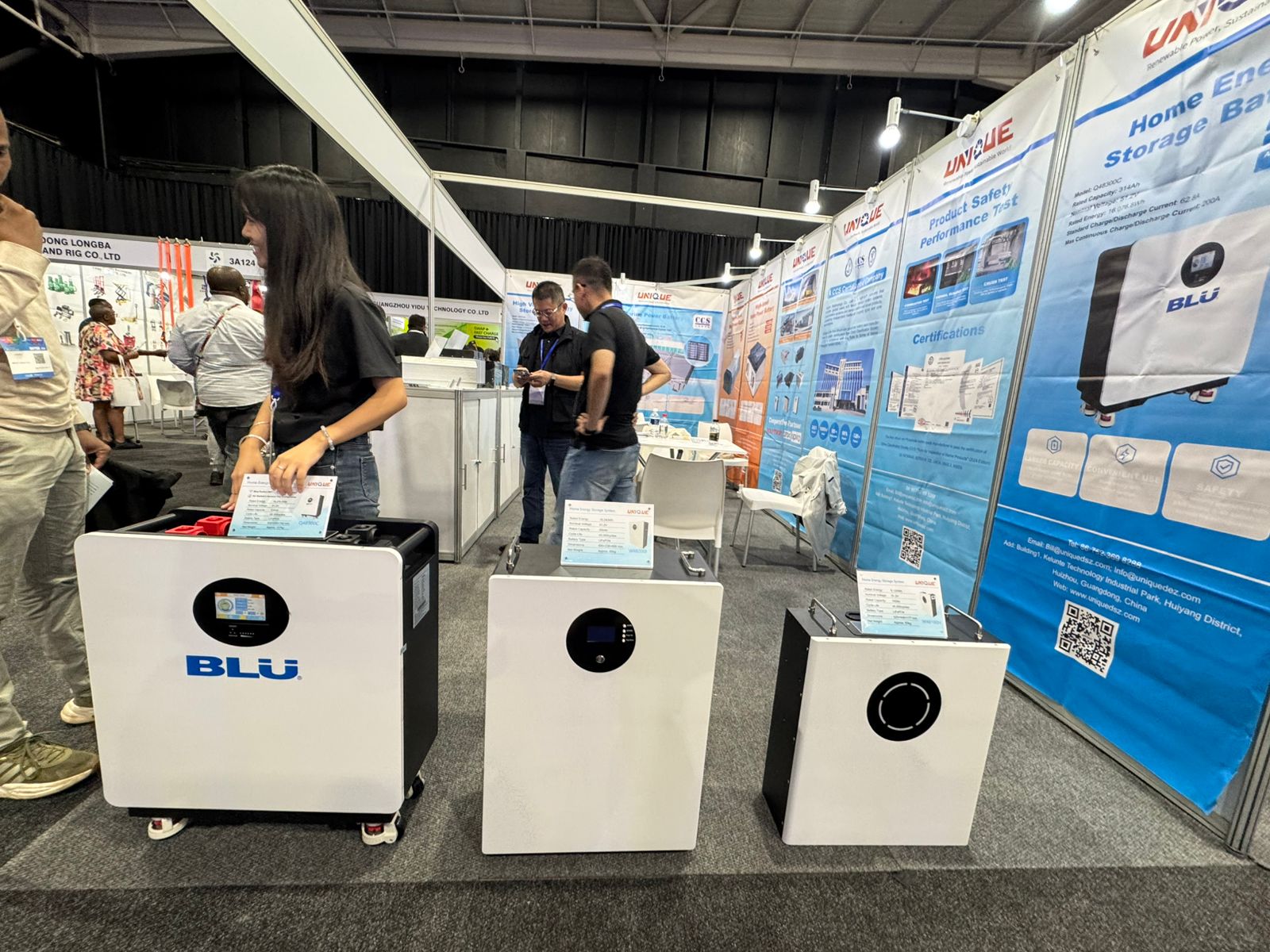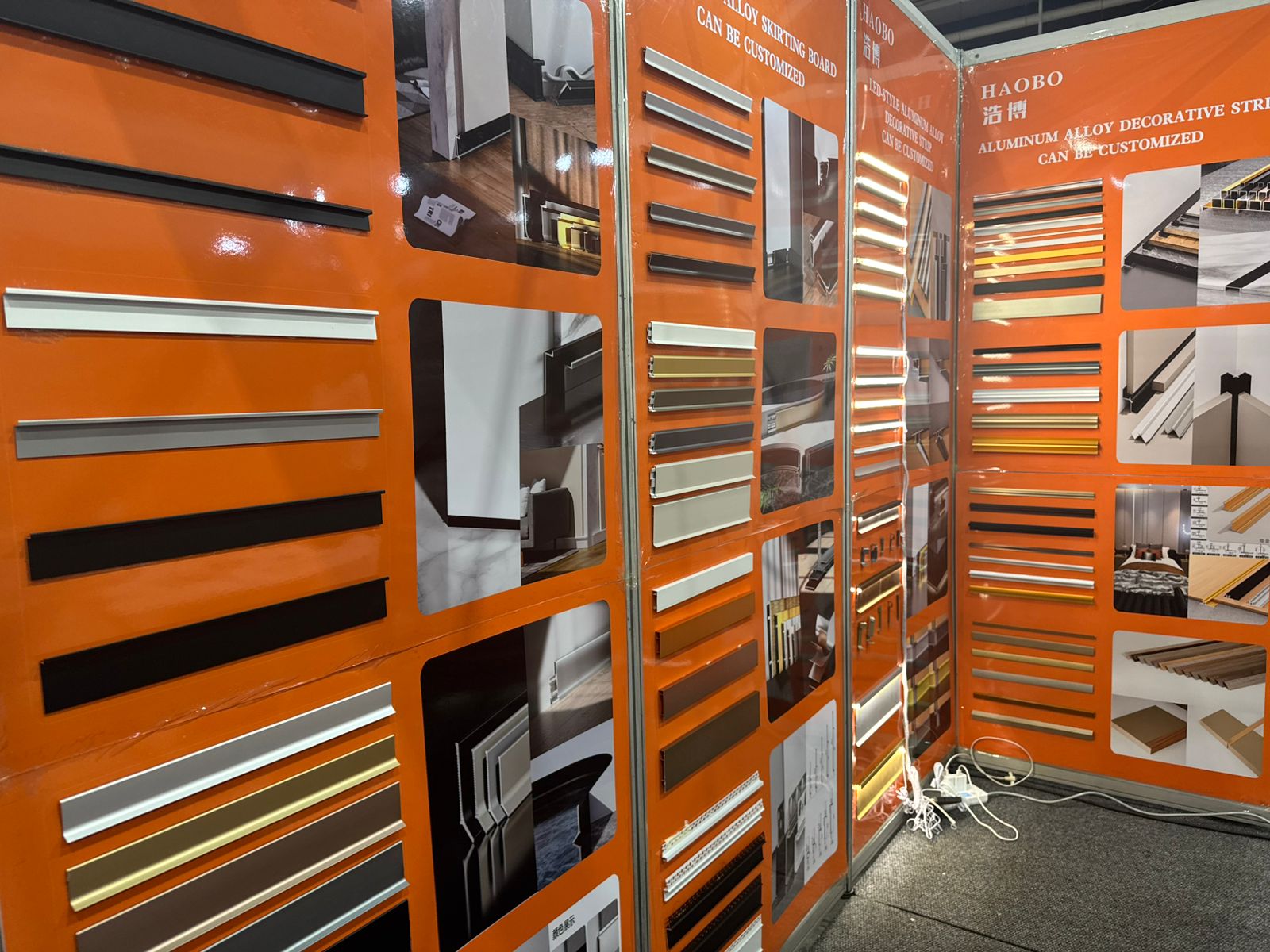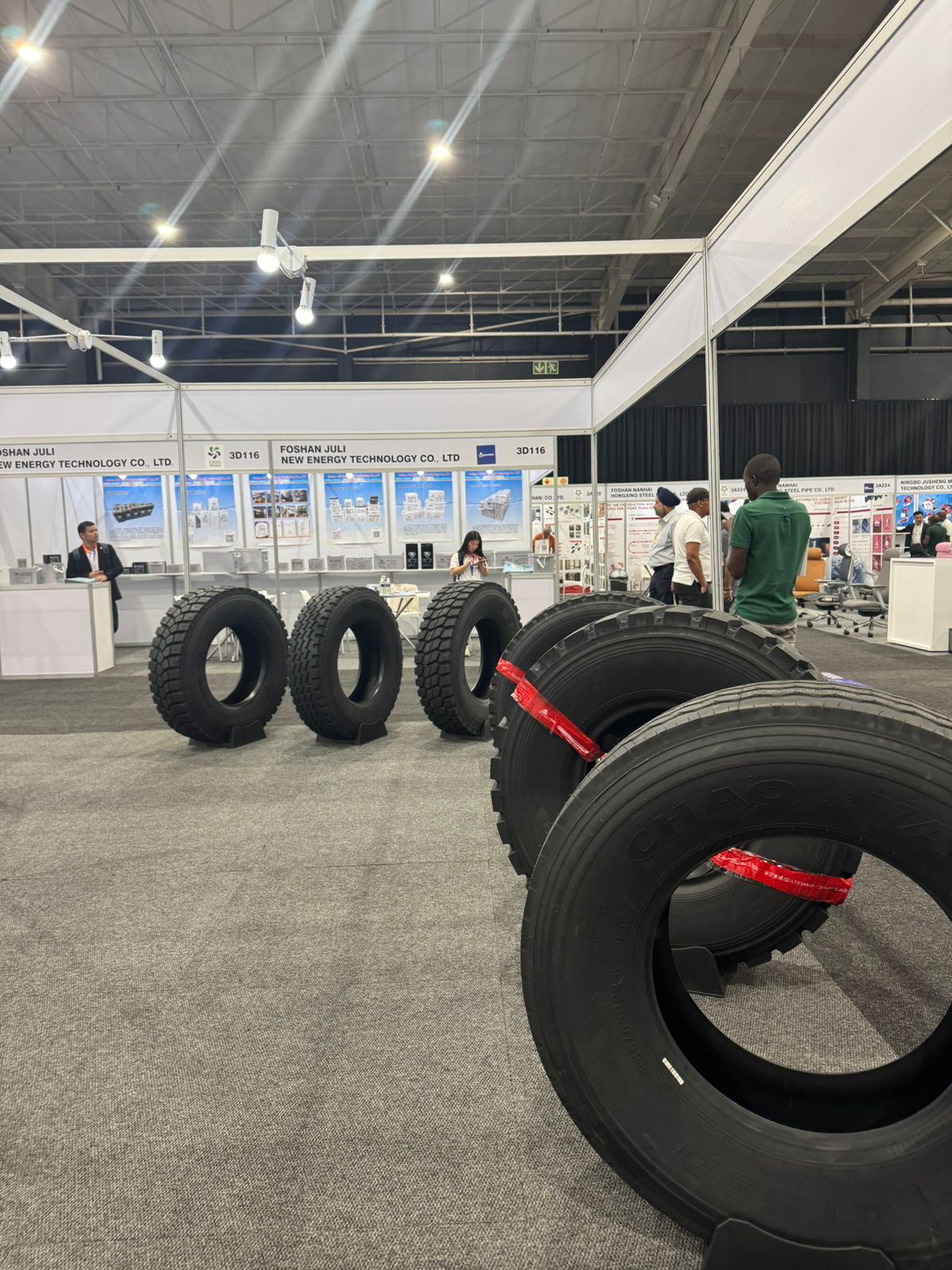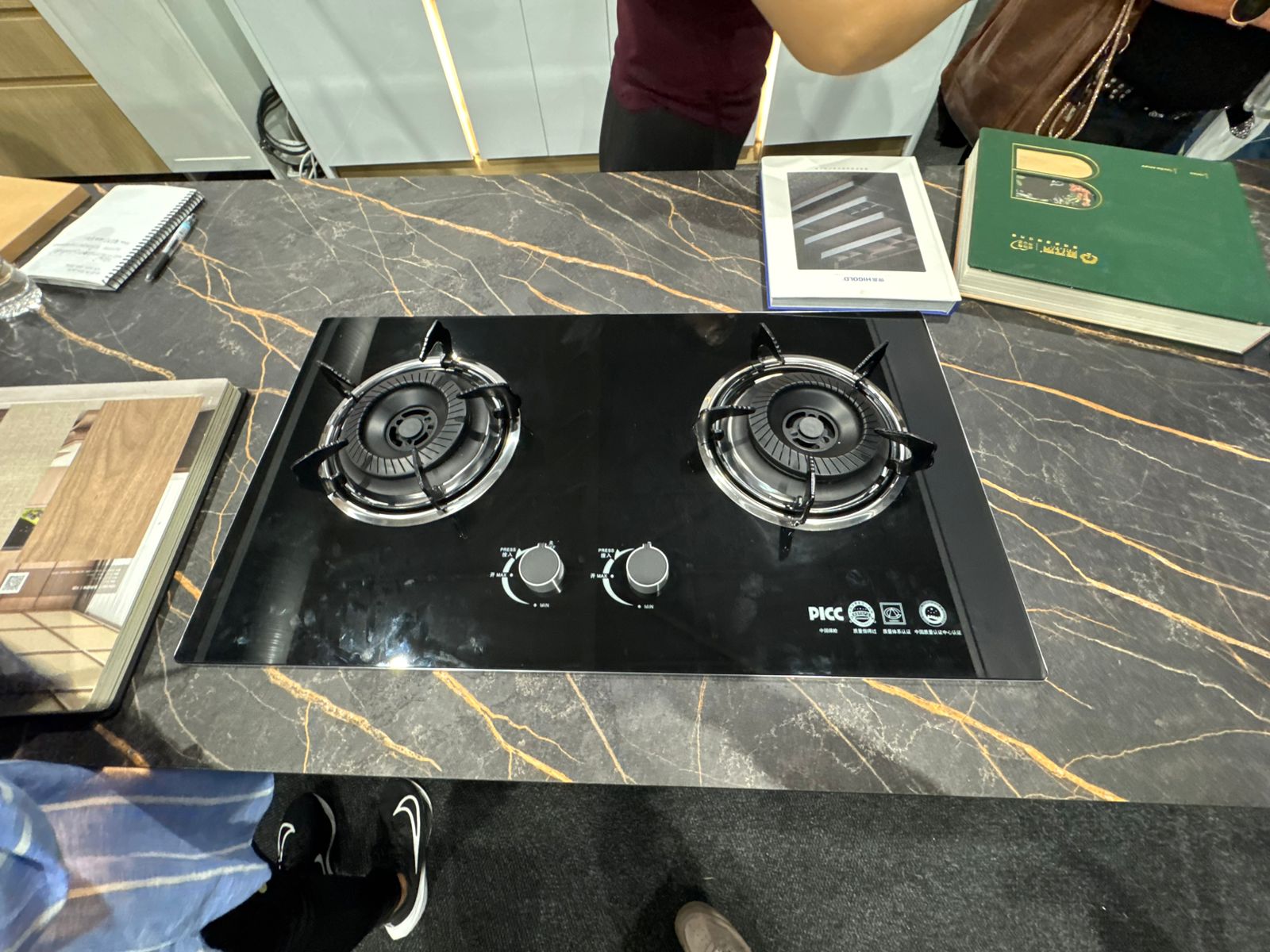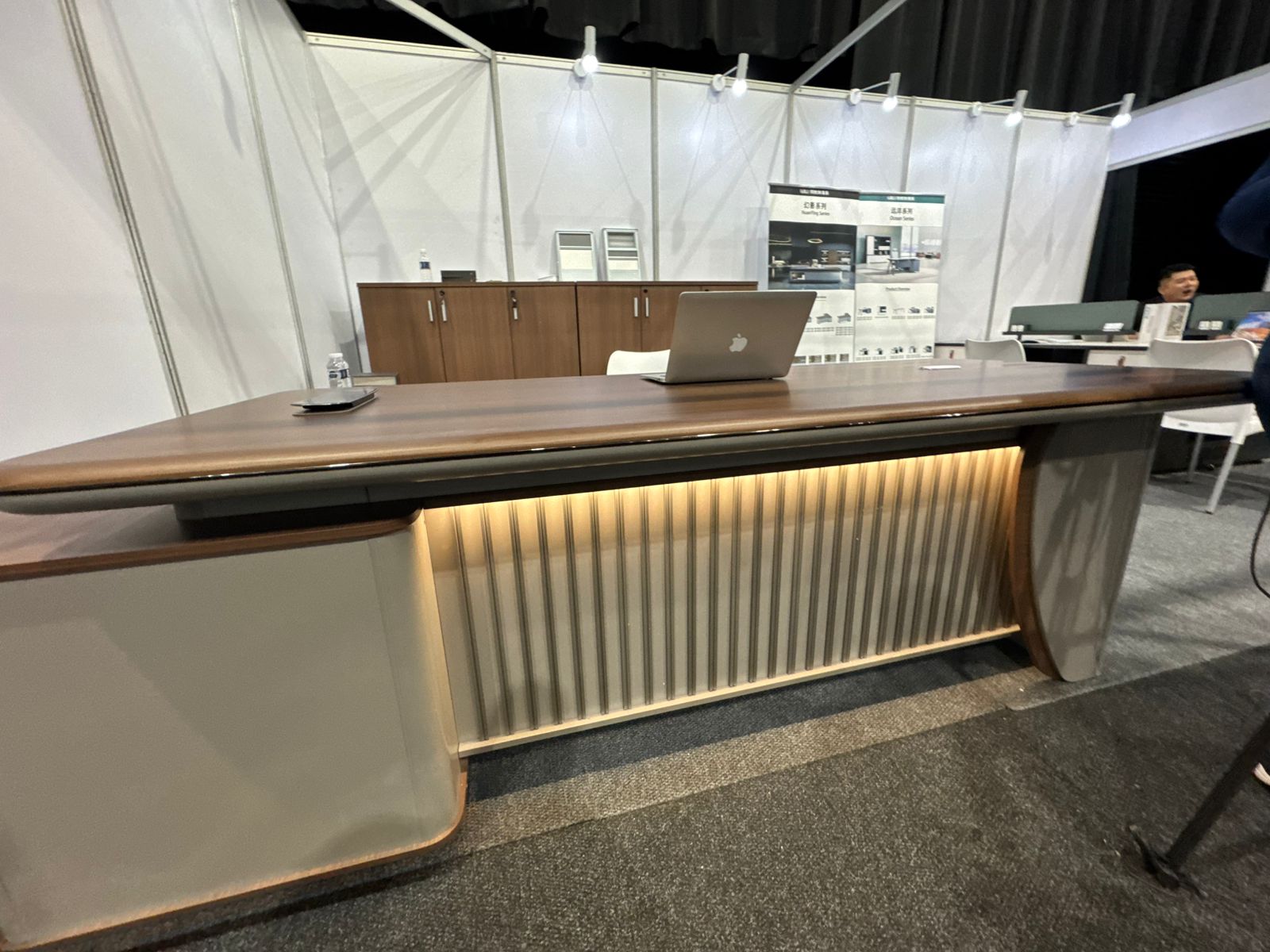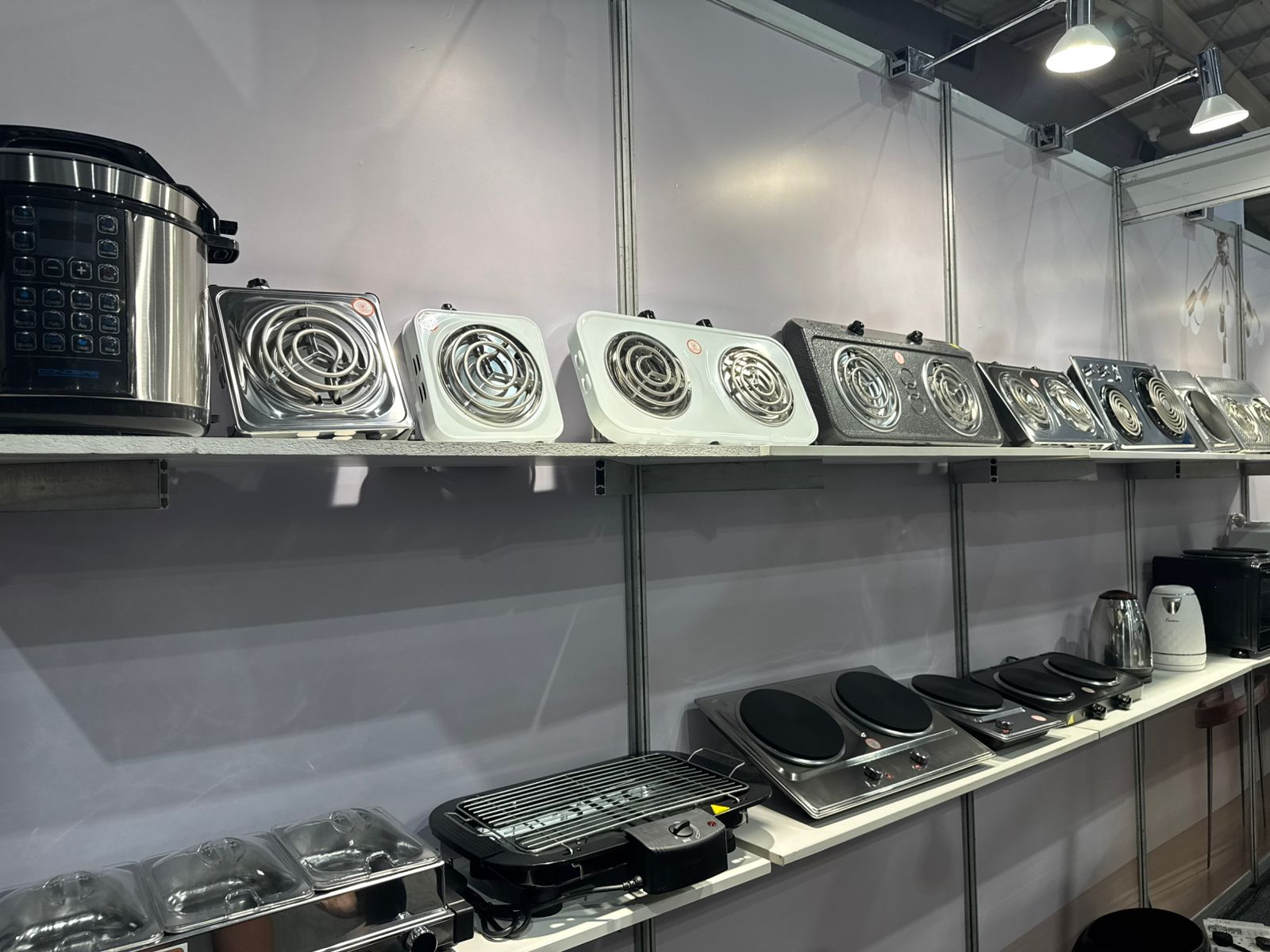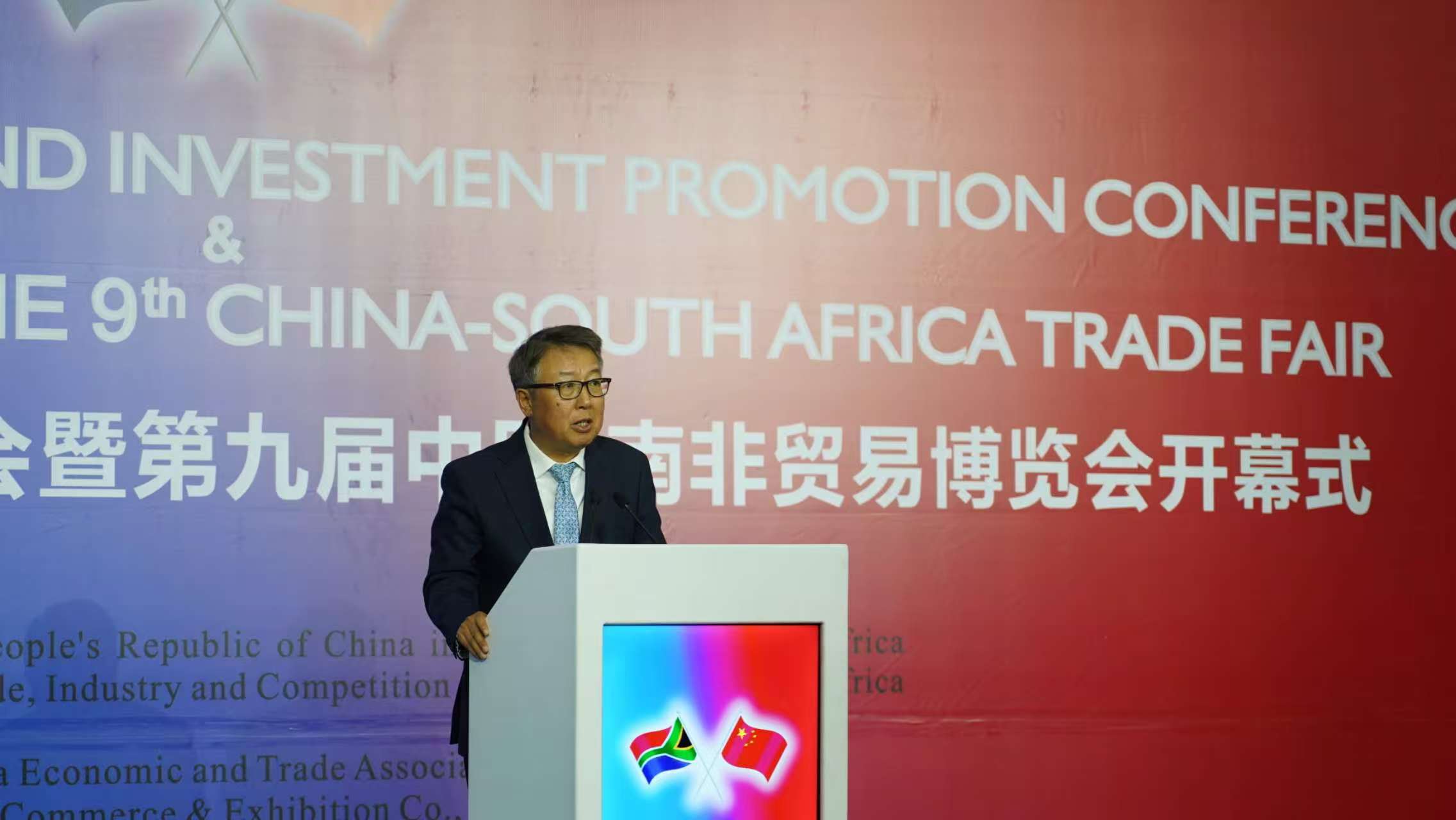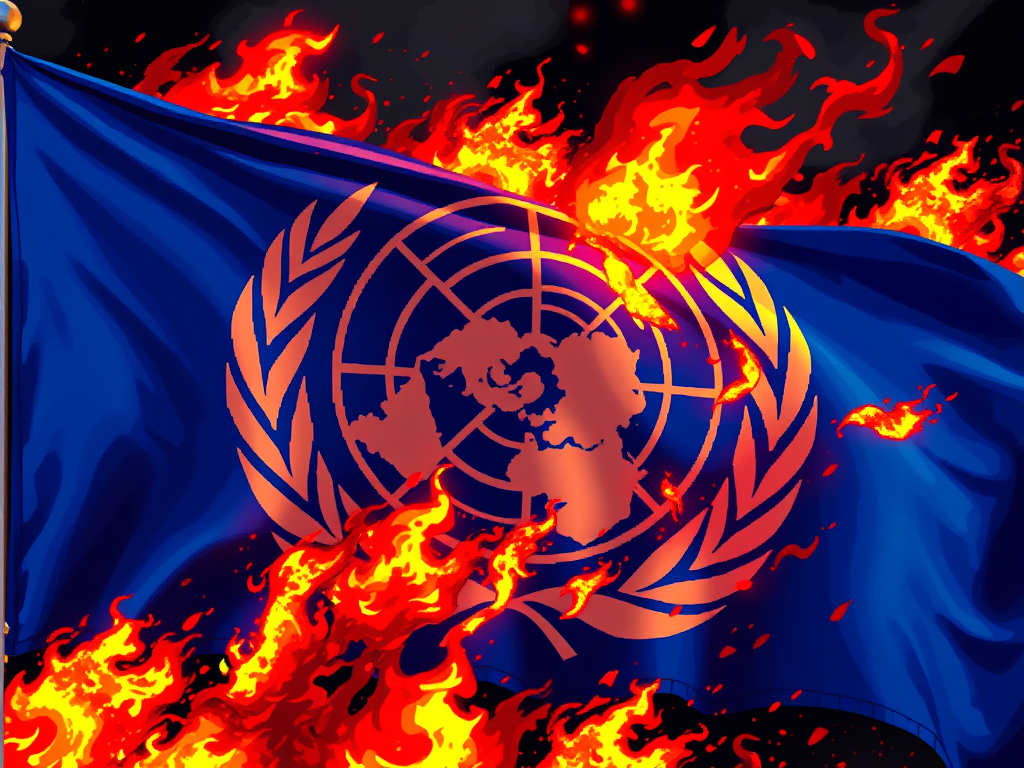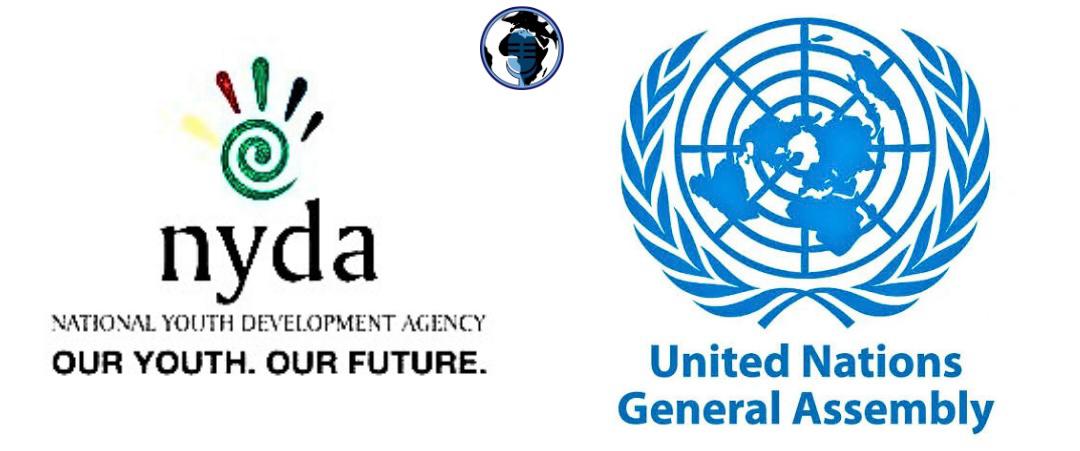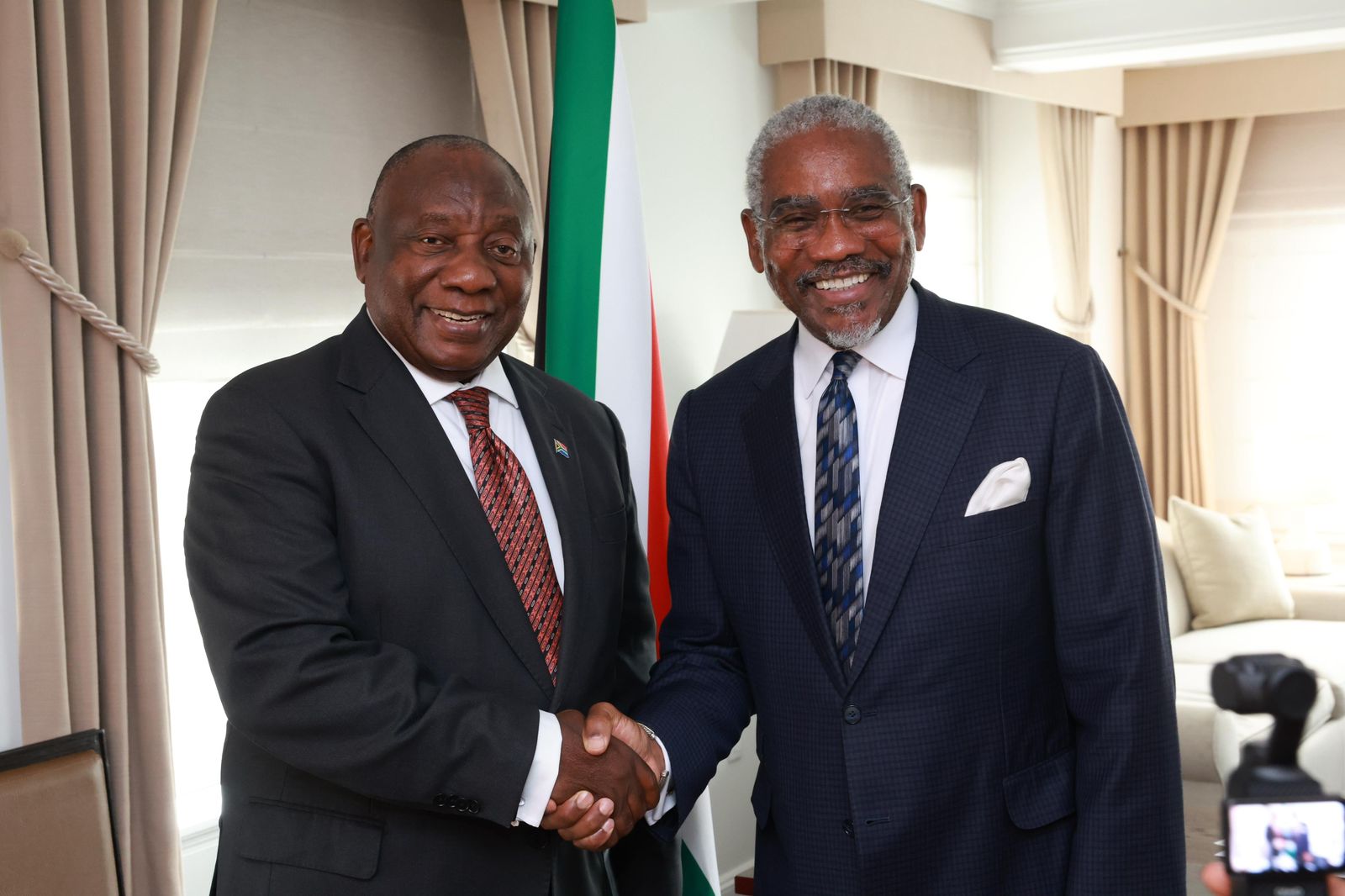The 9th China Trade Fair South Africa, held at the Gallagher Convention Centre this past Tuesday the 23rd of September, was not merely a trade exhibition — it was a geopolitical statement. It signaled that South Africa, and the continent at large, is no longer content to be a passive consumer or raw exporter. Instead, it is stepping forward as a serious economic force — forging strategic partnerships, demanding fair terms, and reshaping the rules of global trade from a Global South perspective.
This trade fair was exemplary of a hub of industrial possibility, as over 600 Chinese manufacturers met face-to-face with thousands of South African entrepreneurs, suppliers, and small business owners. But this was not China giving, and South Africa receiving. This was Africa demanding, negotiating, and building on its own terms.
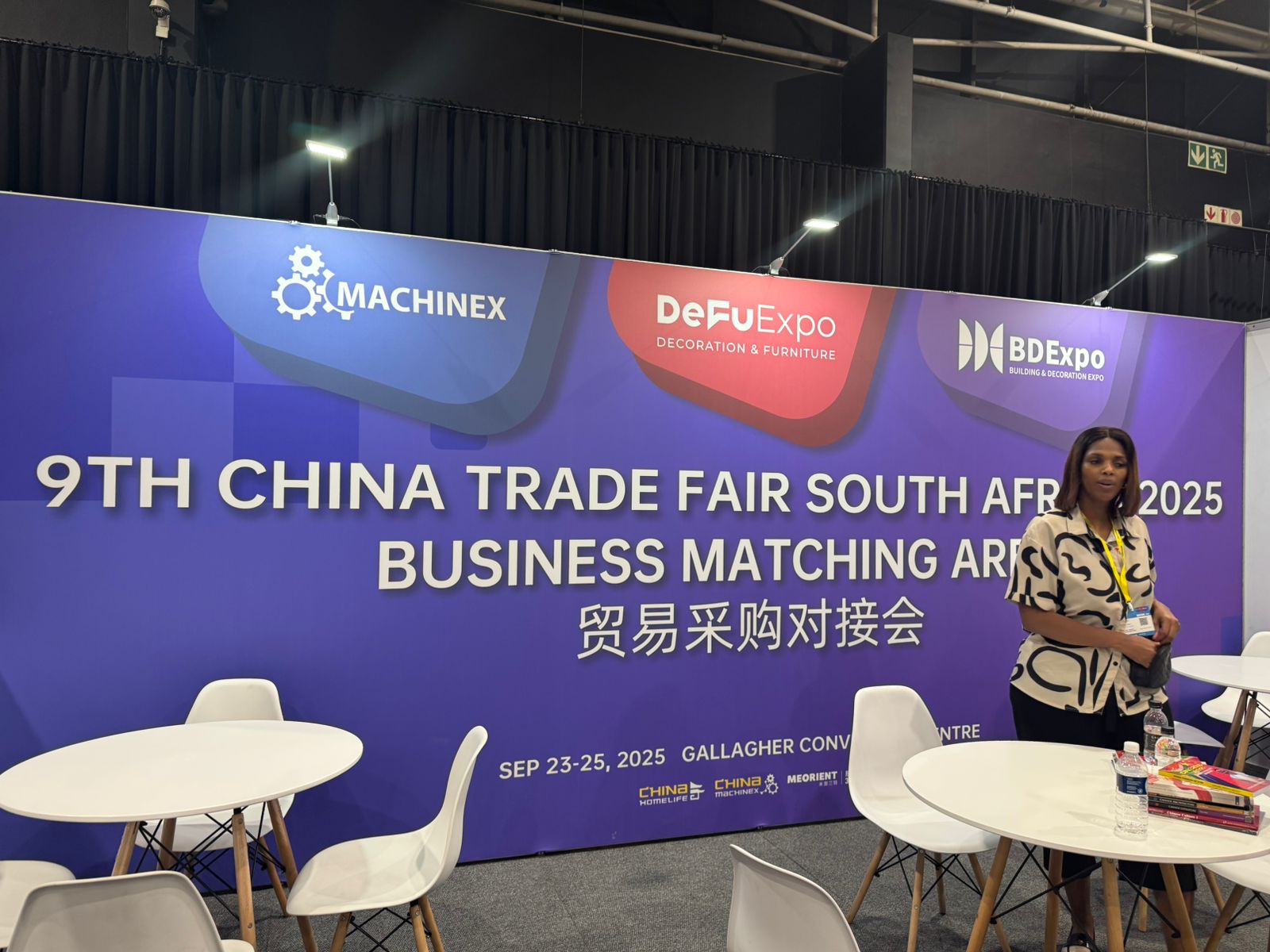
In a global economy that still sidelines African nations as raw material exporters and passive markets, the China Trade Fair boldly flipped that script. From mining tech to textiles, electronics to eco-friendly homeware, African buyers and producers weren’t there to browse — they came to build industries, form alliances, and secure supply chains that serve African interests first.
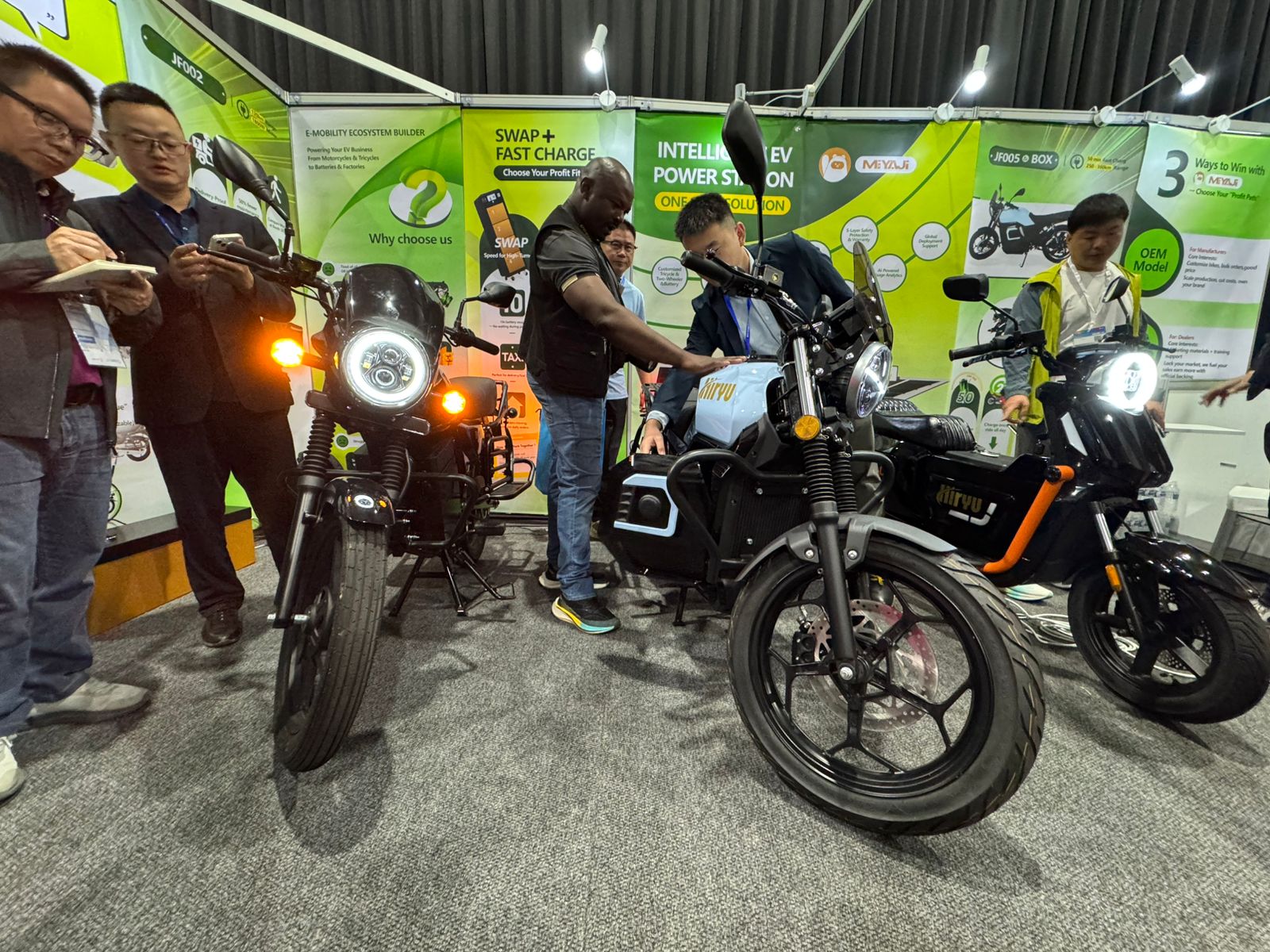
Chinese Ambassador to South Africa Wu Peng, speaking during the China Trade Fair, called for a deeper, more balanced economic partnership between South Africa and China — one focused not just on trade, but on technology transfer, industrialisation, and job creation. He highlighted China’s US$13.2 billion in direct investment into South Africa and urged Chinese firms to integrate into the local economy, not merely operate through imports.
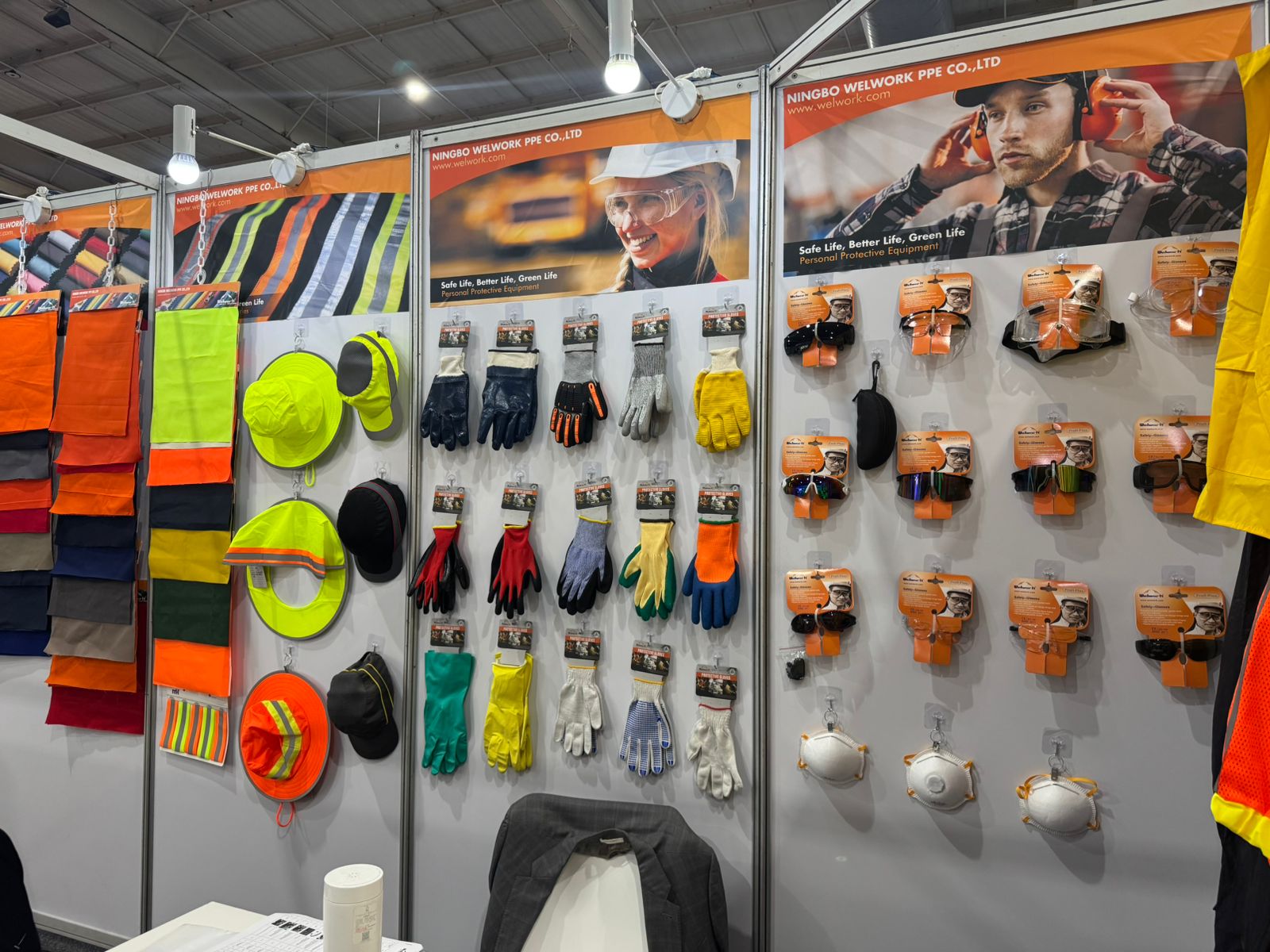
Ambassador Wu further emphasised that South African products deserve greater access to Chinese markets, including expanded duty-free categories, signaling a shift toward more equitable trade.
By the close of the event, several major MoUs were signed, including one between Mantengu Mining and Chinese heavy‑equipment giant SANY for distribution, and another between China State Construction Engineering and AfriSam for the procurement of South African construction materials. It wasn’t the quantity of agreements that stood out, but their focus and long-term value — targeting key sectors like mining, construction, infrastructure, and manufacturing. These industries dominated the spotlight, alongside emerging areas such as renewable energy, green hydrogen, and the digital economy. The emphasis was clear: partnerships were not just about trade, but about building industrial capacity, fostering localisation, and driving skills transfer on South African soil.
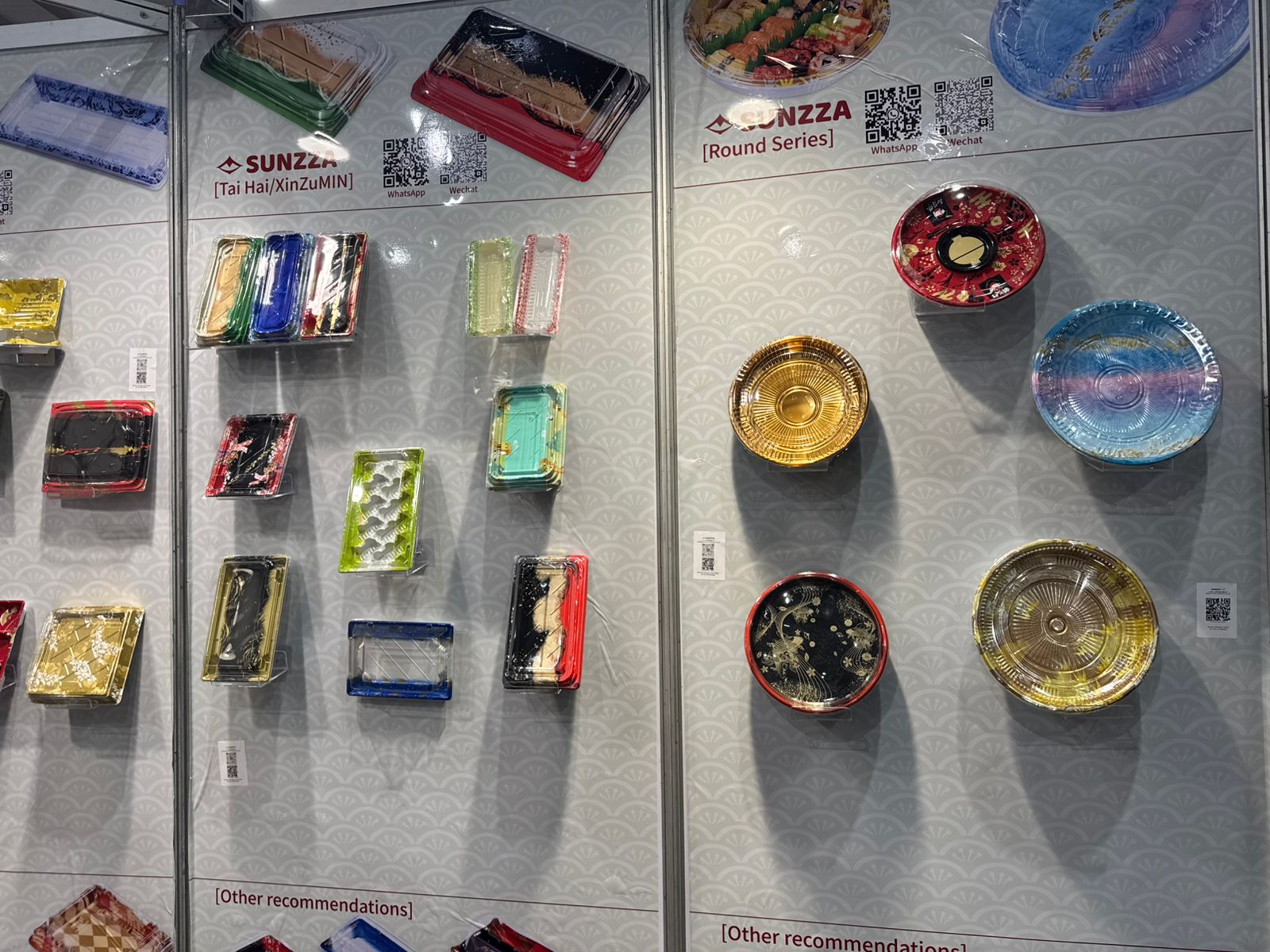
In essence, the Trade Fair was a potent example of how Africa can engage globally without surrendering its sovereignty. This is South-South cooperation in action — not as rhetoric, but as strategy.
“We’re not here to be sold to,” said one township-based entrepreneur. “We’re here to connect, to learn, and to compete.” And that’s precisely the energy the 9th China Trade Fair delivered: unapologetic, Global South economic ambition.
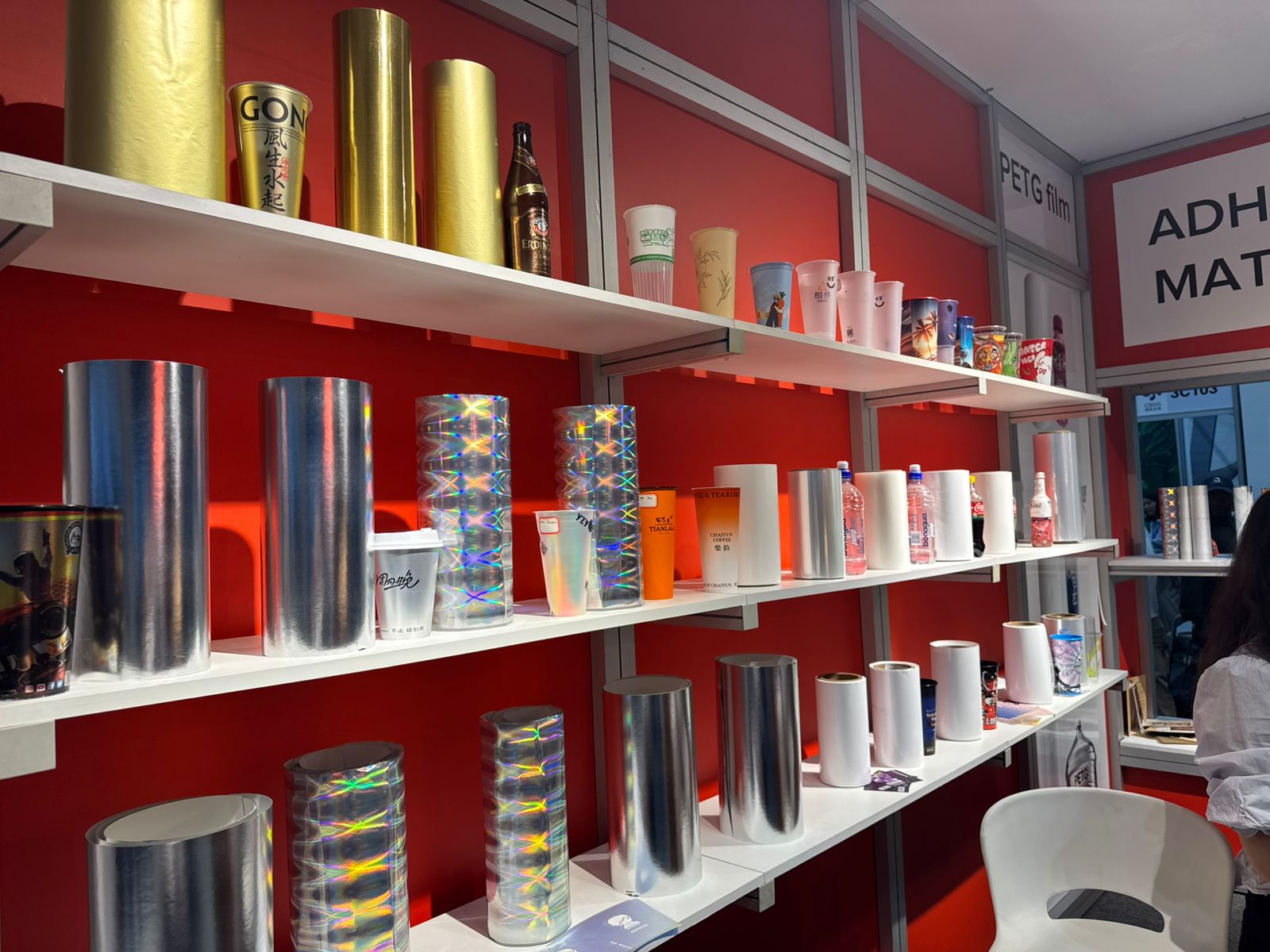
Of course, China’s role in Africa’s development continues to raise debate. Critics argue that Chinese trade and infrastructure projects risk becoming new forms of dependency. But what we saw this week was not dependency — it was agency.
African business owners were asking tough questions, negotiating better deals, and identifying technologies that can power local manufacturing and job creation. The conversations were sharp, strategic, and often led by young black industrialists who understand that Africa must stop exporting opportunity and start controlling the value chain.
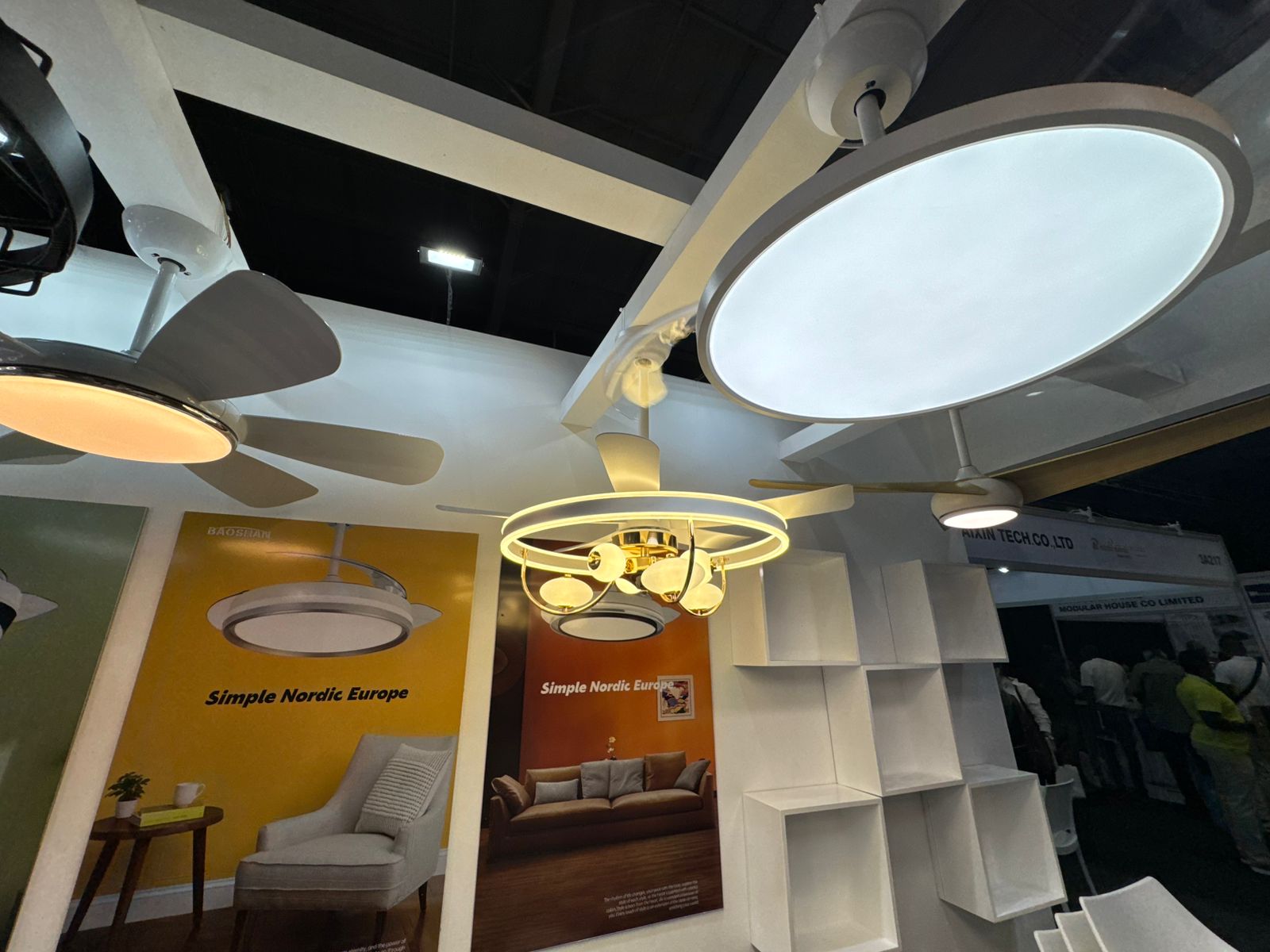
If the West built trade fairs to exploit, Africa is now using them to empower.
Let’s be clear: events like the China Trade Fair are not a solution to every challenge. But they are an arena — and in that arena, African businesses are no longer spectators. They are players, and increasingly, they are calling the plays.
The 9th China Trade Fair reminded us: Africa is not a marketplace. It is a force.
And it’s time the world emulated the Chinese commendable example, and adjust accordingly.

